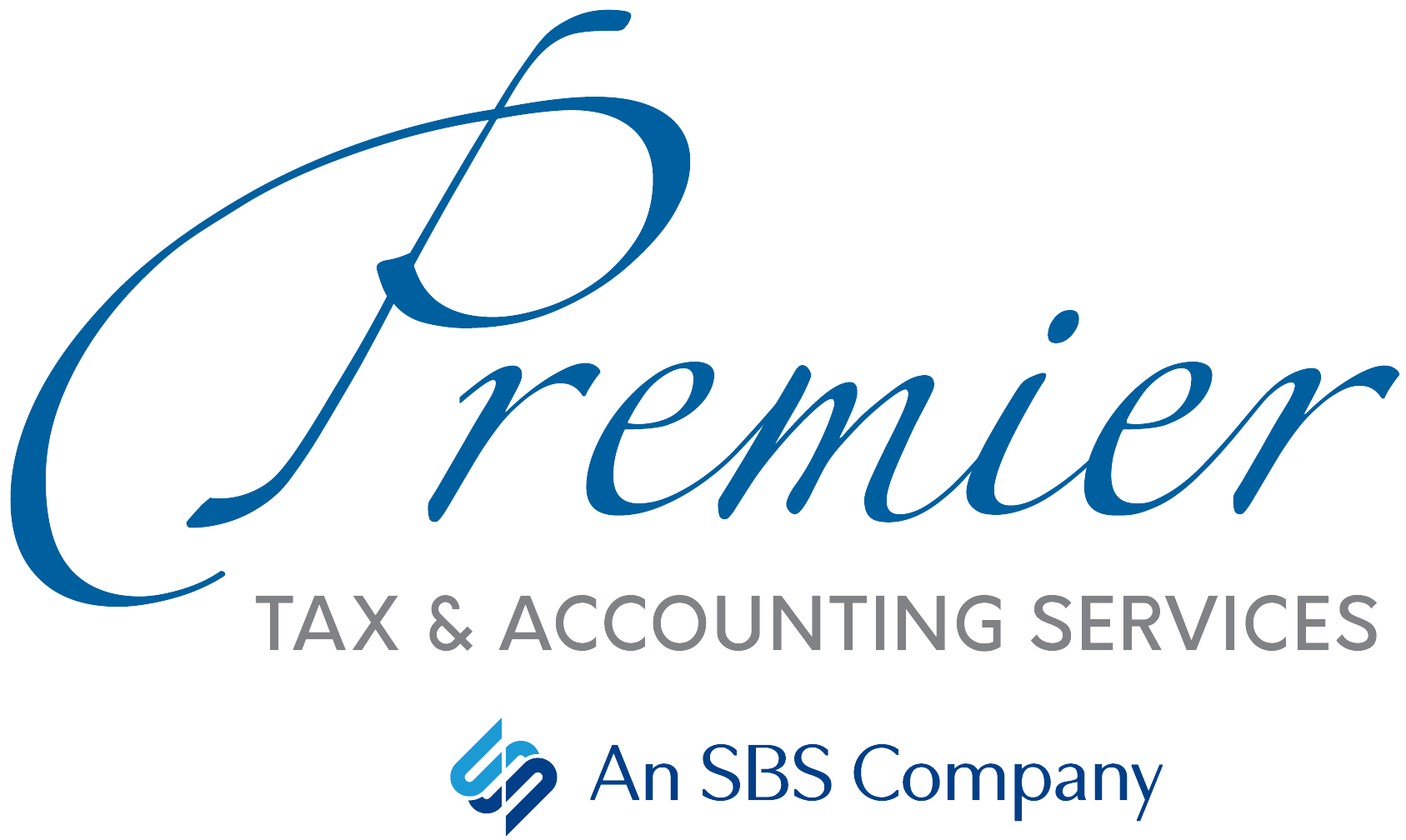Last week was National Small Business Week. Because small businesses play a pivotal role in the nation’s economy, the Small Business Administration and the IRS teamed up to highlight the tax benefits and resources available to entrepreneurs. Here are some of the highlights you need to know.
Selecting a Business Structure
When opening a new business, you need to decide what form of business entity to establish. Talk with us and your attorney to determine which of these common business structures is best for you:
- Sole Proprietorship — When you own an unincorporated business by yourself.
- Partnership — When you form a business with one or more other people.
- Corporation — When prospective shareholders exchange money, property or both for the corporation’s capital stock.
- S Corporation — When the corporation elects to pass corporate income, losses, deductions and credits through to its shareholders for federal tax purposes.
- Limited Liability Company (LLC) — When a business is formed by state statute and is treated as a either a Sole Proprietorship, Partnership or Corporation (depending on elections made) for tax purposes.
Understanding Business Taxes
The form of business you set up determines the type of income tax return you’ll file next year. what taxes you’ll owe and how you’ll pay them. Generally, there are four types of business taxes. Note, however, that you’ll probably need to pay taxes on income by making regular estimated tax payments throughout the year.
- Income Tax — Your new business must file an annual income tax return, unless you establish a Partnership, which is required to file an information return.
- Self-Employment Tax — This is a Social Security and Medicare tax paid if you work for yourself. Payments contribute to your Social Security coverage.
- Employment Tax — If you hire employees, you will have to pay employment tax and file additional forms.
- Excise Tax — This tax is imposed on various goods, services and activities. Such taxes may be imposed on the manufacturer, retailer or consumer, depending on the specific tax.
Get an Employer Identification Number (EIN)
An EIN, also known as a Federal Tax Identification Number, is used to identify your business entity. You can apply for an EIN from the IRS online and receive it immediately.
Choose Your Business Year
Your new small business must use a “tax year,” which is an annual accounting period for reporting your income and expenses. Tax years you can use are:
- Calendar Year — 12 consecutive months beginning January 1 and ending December 31.
- Fiscal Year — 12 consecutive months ending on the last day of any month except December. A typical fiscal year runs October 1-September 30.
Keep Good Records
Maintaining adequate records will help you monitor your progress, prepare financial statements, identify sources of income, keep track of deductible expenses, keep track of your property basis, prepare your tax returns, and support items reported on your tax returns. You should keep detailed records for at least three years.
When you’re ready to get started, we can help you make the best choices for your new business. We also recommend you talk with your attorney to help set up the legal paperwork. Then you can get busy on your new endeavor!
FREE Workshop for Small Business Owners
The IRS has created a FREE online workshop of eight lessons to help new business owners understand federal tax obligations. The first four lessons are relevant no matter what kind of business you have. The remaining four lessons apply if you have or are thinking about hiring employees.
You can watch any or all of the lessons free of charge at any time. The topics include:
- Federal taxes and your new business
- Schedule C and other small business taxes
- Filing and paying taxes electronically
- Business use of your home
- Federal taxes when hiring employees or independent contractors
- Managing payroll to withhold the correct amount of taxes
- Tax deposits and filing a return to report payroll taxes
- Hiring people who live in the U.S. who aren’t citizens
Tax-exempt? Your Information Return is Due May 16, 2022
If you run a nonprofit, charity or foundation, you need to file a 2021 Information Return by Monday, May 16, 2022. The form you use will depend on the size and type of the organization:
- Form 990: Return of Organization Exempt from Income Tax
- Form 990-EZ: Short Form Return of Organization Exempt from Income Tax
- Form 990-PF: Return of Private Foundation or Section 4947(a)(1) Nonexempt Charitable Trust Treated as a Private Foundation
- Form 990-N: Electronic Notice, e-Postcard, for Tax-Exempt Organizations Not Required to File Form 990 or Form 990-EZ
- Form 990-T: Exempt Organization Business Income Tax Return
- Form 4720: Return of Certain Excise Taxes Under Chapters 41 and 42 of the Internal Revenue Code
Note that tax-exempt organizations must file their forms electronically, and that the IRS will reject incomplete or incorrect returns. We can help make sure that you’re using the right return, have fully completed it and don’t have missing schedules. If you need additional time, we can help you request an automatic six-month extension by filing Form 8868.



